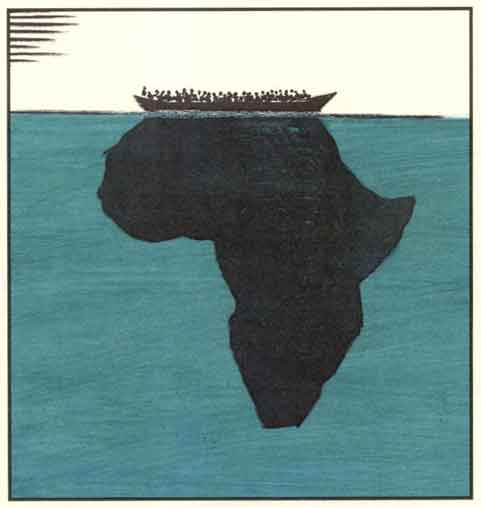 By Jasen Mphepo
By Jasen Mphepo
A few years back the then President of South Africa Thabo Mbeki commented that the key driver to the spread of HIV was poverty. This statement had negative responses from key stakeholders at the regional level as well as in Africa as a statement that had misleading connotations. His deputy then, the current President of the Republic of South Africa after having had an extramarital sexual relation with his employee made another renegade statement that HIV could be prevented by taking a shower soon after having unprotected sex. The HIV body in that country went on the streets to campaign for the retraction of such utterances but it fell on deaf ears.
HIV has been known to be amongst Africans especially during the late 1980s. This disease was known mostly as a white man’s disease and mostly found amongst gays. The disease slowly evolved to be amongst the heterosexuals and a widespread campaign to sensitize the communities was launched. The campaigns which primarily showcased the dangers of HIV as a killer with most campaign materials having the death sign of a skeleton behind an X, passed on messages of a menace amongst us.
See Also: Street Games Soothe Woes of Zimbabwe´s Jobless Youths
With more and more discoveries of how the disease could be detected in the human, how one could survive with the disease and the introduction of antiretroviral drugs, it became a ‘normal’ disease as some people could hide their status through taking care of themselves. Slowly almost each household began to experience the disease and slowly people began to di-stigmatize the disease.
Most African governments have put in place country-level strategies with regards to preventive mechanisms in view of the spread of HIV. Most nongovernmental organisations active in Africa have developed strategies that target different communities; different target groups e.g. the youth, women, and men. A lot of strides have been made in trying to tackle HIV but still incidences of HIV remain high. For instance, in Zimbabwe, currently, about 13% of the population of about 12 million people is living with HIV by far one of the highest numbers of people living with HIV per country.
In Zimbabwe, a campaign initiated by the government and other development players for male circumcision has taken center stage in developing a mechanism to support the already existing strategies such as promoting condom use, promoting voluntary counseling and testing, abstinence and being faithful to one faithful partner.
Male circumcision, as known in the country, is the surgical removal of the male foreskin exposing the male organ thereby allowing the head to keratinize and become hard, in turn, creating some form of protection to the male during sex or when exposed to sexual fluids of a person living with HIV. This method though still involves the use of condoms during sexual intercourse with a person whom you do not know their HIV status as well as coupled with reducing the number of sexual partners.
A number of debates have been tabled over this issue, some debating whether this will encourage males to be more sexually active hence drawing back the gains that have been achieved over the past decades? Why get circumcised if you still have to wear condoms? rather stick to condoms? What do women think about this issue? Will women not be put at more risk?
An interview with the facilitator from an organisation called PSI – Zimbabwe one of the leading agencies in the male circumcision campaign in Zimbabwe, at a workshop this journalist attended on male circumcision and concurrent partnerships, revealed that male circumcision was one of the best ways in line with providing measures to reduce the chances of men at least by sixty percent from getting infected.
“Circumcision is also not just done for the purposes of HIV prevention but also as a way of being hygienic. A man who has been circumcised will reduce the chances of his wife being infected by the bacterium found under men’s foreskins which may cause cervical cancer. Men will also have the benefit of satisfying their female counterparts better as there is no premature ejaculation” said Aunty Patience.
(Jasen Mphepo reported this piece as Global South Development Magazine’s country correspondent for Zimbabwe and it first appeared in GSDM’s End Poverty 2015: Where are we Now? edition)










